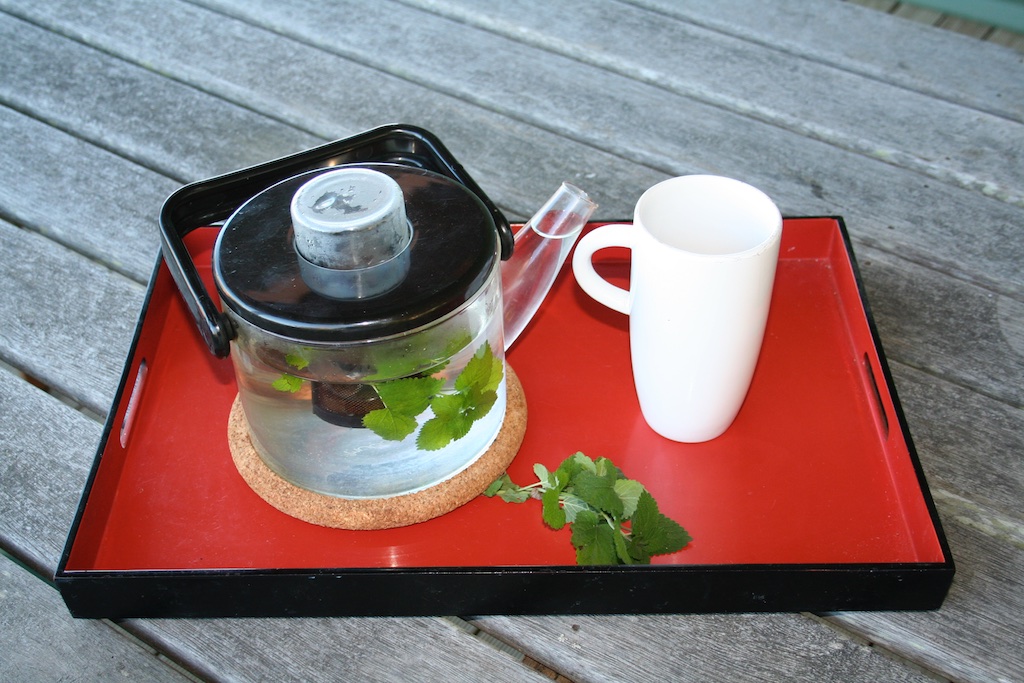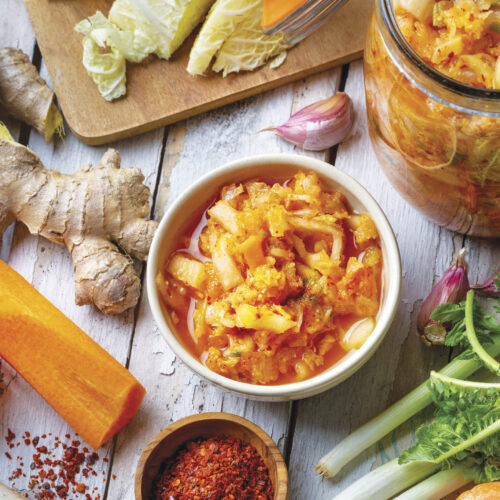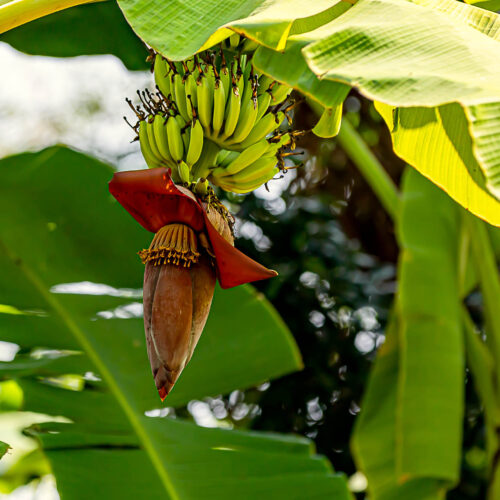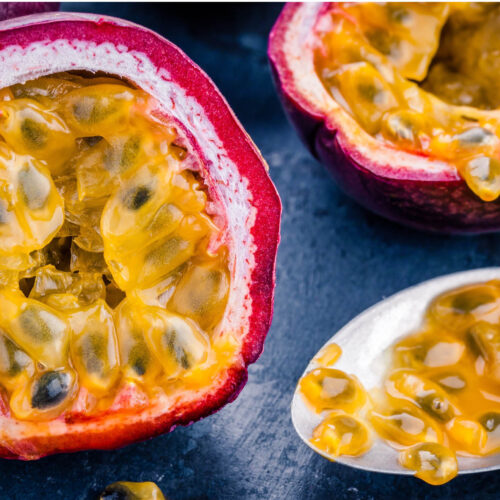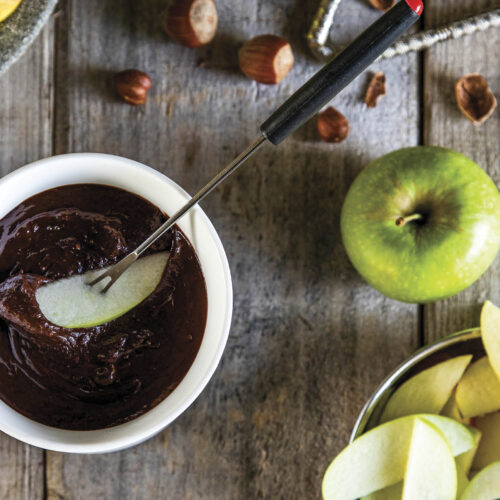Top herbs to grow for tea
2017-05-24T02:17:37+10:00
Why not grow your own herbs and make your own herbal teas? Penny Woodward investigates.
When you buy herbal tea bags, do you know where the herbs have been grown, what sprays have been used during their growth, of if anyone has checked if what’s on the packet is actually what’s in the tea bag? I never buy tea bags for these reasons but also because of the packaging and waste, and huge carbon footprint involved in the distances travelled to get them here.
Why not grow your own herbs and make your own herbal teas, then when you feel like a cuppa all you have to do is to walk into the garden? I always use my herbs fresh when I can, and fresh or freshly dried leaves and flowers taste much better than the often-musty plant material found in tea bags. Research done a few years ago by New York City high school students using simple DNA techniques found that several herbal teas contain ingredients not listed on the pack. So if you grow and use your own, at least you can be certain about what you are drinking.
Many herbs can be made into tea but some have unpleasant flavours and others have potent medicinal properties that can be harmful if used in the wrong way. The herbs described below are safe to drink but, as with all food and beverage, moderation is the key — don’t drink any one herb too often or in too much abundance. The following are some of my favourites.
The herbs
Lemon balm, Melissa officinalis, is easy to grow and can in fact become weedy if it starts self-sowing around the garden. Start it from seed or rooted pieces detached from a clump and it will thrive in any sunny, well-drained position. You will quickly have an abundant supply of delicious fresh leaves. Cut back the clump in autumn once the flowers are finished. Lemon balm calms the nerves and settles the stomach.
Lemon verbena, Aloysia triphylla, grows as a small tree that is deciduous in cold climates. It’s most easily grown from tip cuttings taken in late spring and the whole plant needs to be cut back by two thirds in early spring. Lemon verbena helps upset stomachs and is generally revitalizing.
Lemon grass, Cymbopogon citratus, is a native of more tropical regions. It needs plenty of moisture in summer and very good drainage in winter. It won’t tolerate heavy frosts but will survive moderately cold winters as long as it’s not too wet. Lemon grass eases indigestion and reduces flatulence and generally lifts the spirits.
Delicious fragrant teas can also be made from all the mints, but two of the best are peppermint, Mentha x piperita and spearmint, M. x spicata. Mints are best grown in big tubs where they can’t take over the garden. A good potting mix, a shady corner and a hard prune after flowering are all they need. Peppermint tea drunk at night increases alertness but doesn’t stop you from going to sleep in the way coffee often will. It also eases indigestion, flatulence and colic and can relieve nausea. Spearmint is milder because it doesn’t contain as much menthol, so is better to drink if there is any inflammation in the gut such as after an episode of gastro.
Annual chamomile flowers, Matricaria recutita, made into a tea will be remembered by many readers who were given it as children when they had toothache, headache or stomach pains. It’s a gentle relaxant and sedative but is unfortunately unpalatable to some people. The flavour improves with familiarity, but you can try mixing it with lemon balm, which has similar properties, and a little honey, to mask the flavour. Chamomile is grown from seed and the flowers harvested as soon as they appear. The flowers can be used fresh or dried.
Other herbs worth trying are dill, fennel, sage, thyme and rosemary.
Making the tea
To make herb tea, first warm the pot, then add the fresh or dried leaves, pour boiling water over the top and leave to stand for up to five minutes. The longer the tea is left to brew the stronger the flavour will be. The tea can also be made in a cup and poured through a strainer, or a stainless steel infuser can be used. Milk is never added to herb teas.

